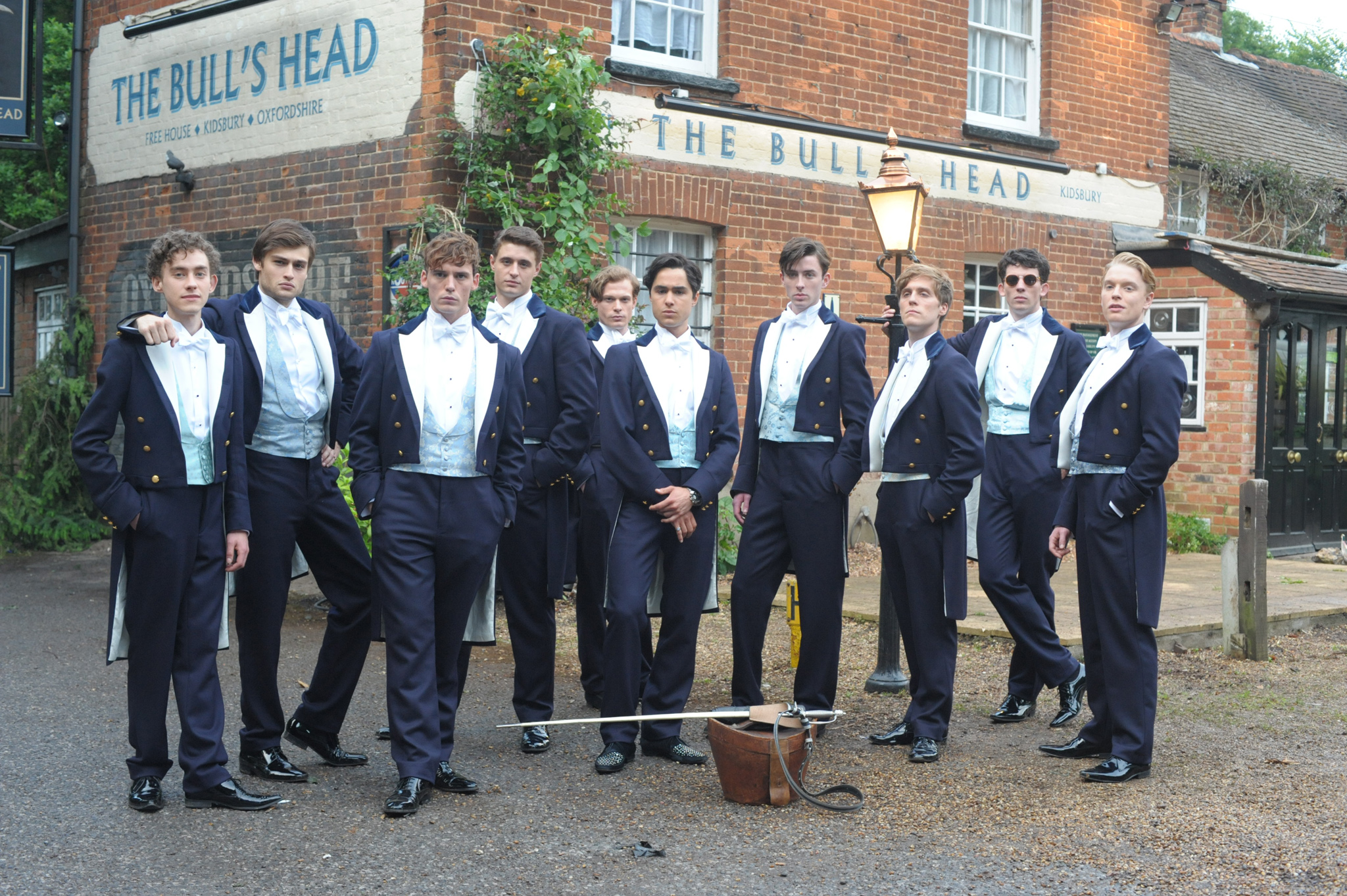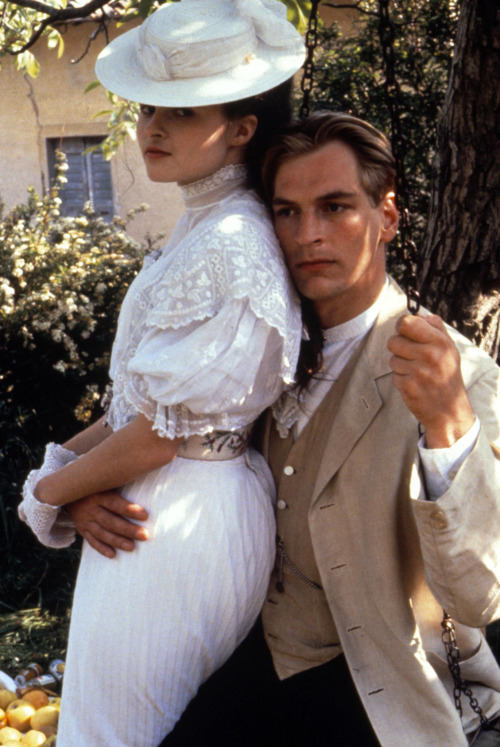The Riot Club: or, a brief history of posh British cinema
 Thursday, August 20, 2015 at 11:01AM
Thursday, August 20, 2015 at 11:01AM David takes a look at the British cultural legacy of poshness as The Riot Club now out on DVD...

Before The Riot Club was a movie, it was a West End play called Posh. Laura Wade’s simple, cutting title gets right to the heart of the social crisis at the centre of her work, which presents a fictionalised version of Oxford’s infamous Bullingdon Club, whose members have included both the current British Prime Minister and Mayor of London. While the traumatic events of the play and film are invented, the social privilege they demonstrate is a British legacy that has lingered throughout history. It continues to be a talking point today, with British soap opera actor Danny Dyer memorably taking pot shots at ‘posh boy’ Benedict Cumberbatch and the social elitism of the British cultural industries. (Dyer’s complaints of elitism are perhaps reflected in some of The Riot Club’s casting – Max Irons (son of Jeremy) and Freddie Fox (son of Edward) both come from British acting dynasties.)
 Britain’s exports and image abroad have been shaped by the likes of Merchant Ivory, Jane Austen and Downton Abbey as one steeped in this kind of privilege and elitism. Occasionally British films of a different kind will have a big enough cultural impact to surface in the timeline of world cinema, with the kitchen-sink dramas of the late 1950s and ‘60s perhaps the most notable instance. But it is the posh boys that have really dominated British cinema’s worldwide reputation, from Leslie Howard (the first cinematic Henry Higgins) through Hugh Grant to the current crop led by Eddie Redmayne and Cumberbatch.
Britain’s exports and image abroad have been shaped by the likes of Merchant Ivory, Jane Austen and Downton Abbey as one steeped in this kind of privilege and elitism. Occasionally British films of a different kind will have a big enough cultural impact to surface in the timeline of world cinema, with the kitchen-sink dramas of the late 1950s and ‘60s perhaps the most notable instance. But it is the posh boys that have really dominated British cinema’s worldwide reputation, from Leslie Howard (the first cinematic Henry Higgins) through Hugh Grant to the current crop led by Eddie Redmayne and Cumberbatch.
But why is this model of Britishness so favoured internationally? [More...]


